COURSE OVERVIEW
ME0773 : Humidity Control in Buildings (Tips & Traps, Real World Problems & Solutions), Air-to-Air Heat Recovery Fundamentals & Applications and Variable Refrigerant Flow Systems: Design & Applications
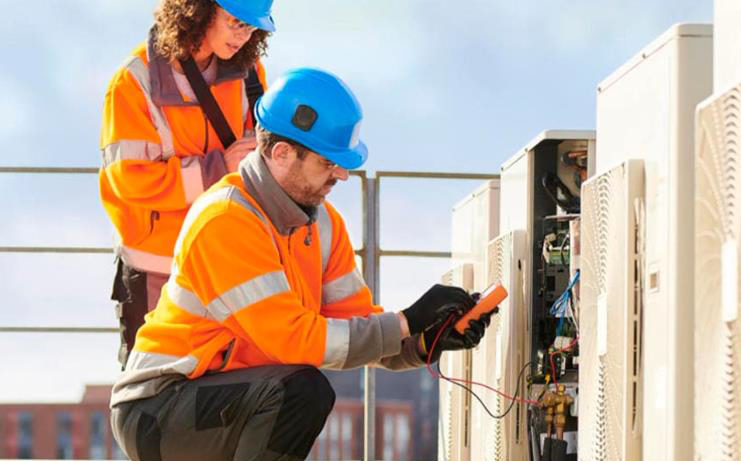
OVERVIEW
| COURSE TITLE | : | ME0773 : Humidity Control in Buildings (Tips & Traps, Real World Problems & Solutions), Air-to-Air Heat Recovery Fundamentals & Applications and Variable Refrigerant Flow Systems: Design & Applications |
| COURSE DATE | : | Nov 10 - Nov 14 2024 |
| DURATION | : | 5 Days |
| INSTRUCTOR | : | Mr. Mustafa Fadel |
| VENUE | : | Dubai, UAE |
| COURSE FEE | : | $ 5500 |
| Request For Course | ||
OTHER SCHEDULED DATES
Course Description
(1) Industrial Facility Visit: Course participants will be taken to an industrial facility where they will practice testing, maintenance and troubleshooting. In case that this course is organized inside client premises (In-House), then client shall provide access to its HVAC and refrigeration workshop for practical sessions.
(2) HVAC Simulator: Participants will use in the class the state-of-the-art HVAC Simulator to practice some of the skills learnt.
This course is designed to provide participants with a detailed and up-to-date overview of Humidity Control in Buildings (Tips & Traps, Real World Problems and Solutions), Air-to-Air Heat Recovery Fundamentals and Applications and Variable Refrigerant Flow Systems. It covers the fundamentals of relative humidity and its role in building environments; the effects of humidity on building materials and the impact of moisture on structural materials, furnishings and health; and the humidity control strategies and how humidity influences indoor air quality (IAQ) and comfort levels in buildings.
Further, the course will also discuss the proper tools and methods for accurate measurement of humidity in buildings; and the advanced humidity control strategies using dehumidification systems and passive methods for optimal control; the HVAC system integration for humidity control and techniques for managing humidity in hot, humid or arid environments; avoiding frequent mistakes and issues in design and application; the practical approaches for resolving humidity problems in buildings; the principles of air-to-air heat recovery and the types of heat recovery systems; how heat recovery systems improve energy efficiency and comfort; and the key factors to consider when designing heat recovery systems for buildings.
During this interactive course, participants will learn the best practices for maintenance and performance of heat recovery systems; the variable refrigerant flow (VRF) systems; planning and designing VRF systems for commercial and residential building; how VRF systems contribute to energy savings and sustainability; managing cooling and heating demands using VRF controls; combining VRF with HVAC, humidity control and ventilation systems; the advanced design techniques for humidity control and VRF systems; the common issues in VRF and heat recovery systems; troubleshooting typical problems in installation, operation and maintenance; maximizing energy efficiency in heat recovery and VRF system operations; and implementing VRF and humidity control systems in older buildings.
(2) HVAC Simulator: Participants will use in the class the state-of-the-art HVAC Simulator to practice some of the skills learnt.
This course is designed to provide participants with a detailed and up-to-date overview of Humidity Control in Buildings (Tips & Traps, Real World Problems and Solutions), Air-to-Air Heat Recovery Fundamentals and Applications and Variable Refrigerant Flow Systems. It covers the fundamentals of relative humidity and its role in building environments; the effects of humidity on building materials and the impact of moisture on structural materials, furnishings and health; and the humidity control strategies and how humidity influences indoor air quality (IAQ) and comfort levels in buildings.
Further, the course will also discuss the proper tools and methods for accurate measurement of humidity in buildings; and the advanced humidity control strategies using dehumidification systems and passive methods for optimal control; the HVAC system integration for humidity control and techniques for managing humidity in hot, humid or arid environments; avoiding frequent mistakes and issues in design and application; the practical approaches for resolving humidity problems in buildings; the principles of air-to-air heat recovery and the types of heat recovery systems; how heat recovery systems improve energy efficiency and comfort; and the key factors to consider when designing heat recovery systems for buildings.
During this interactive course, participants will learn the best practices for maintenance and performance of heat recovery systems; the variable refrigerant flow (VRF) systems; planning and designing VRF systems for commercial and residential building; how VRF systems contribute to energy savings and sustainability; managing cooling and heating demands using VRF controls; combining VRF with HVAC, humidity control and ventilation systems; the advanced design techniques for humidity control and VRF systems; the common issues in VRF and heat recovery systems; troubleshooting typical problems in installation, operation and maintenance; maximizing energy efficiency in heat recovery and VRF system operations; and implementing VRF and humidity control systems in older buildings.
TRAINING METHODOLOGY
This interactive training course includes the following training methodologies:
LecturesWorkshops & Work Presentations
Case Studies & Practical Exercises
Videos, Software & Simulators
In an unlikely event, the course instructor may modify the above training methodology for technical reasons.
VIRTUAL TRAINING (IF APPLICABLE)
If this course is delivered online as a Virtual Training, the following limitations will be applicable:
| Certificates | : | Only soft copy certificates will be issued |
| Training Materials | : | Only soft copy materials will be issued |
| Training Methodology | : | 80% theory, 20% practical |
| Training Program | : | 4 hours per day, from 09:30 to 13:30 |
RELATED COURSES
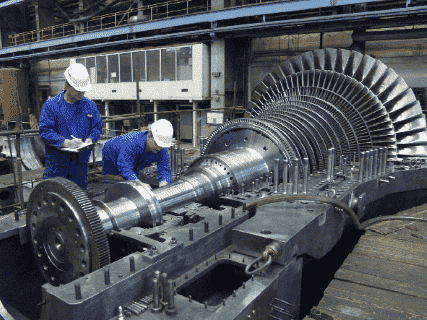
ME0015 : Centrifugal Compressor & Steam Turbine Design, Performance, Operation, Maintenance & Troubleshooting
- Date: Jan 05 - Jan 09 / 3 Days
- Location: Doha, Qatar
- Course Details Register
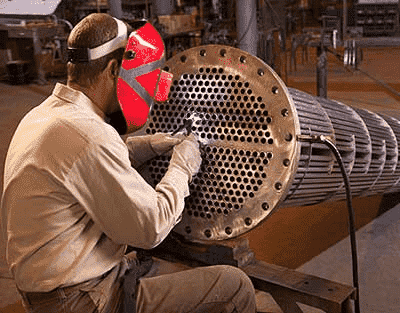
ME0062 : Heat Exchanger Operation, Maintenance & Repair
- Date: Jan 06 - Jan 10 / 3 Days
- Location: London, United Kingdom
- Course Details Register
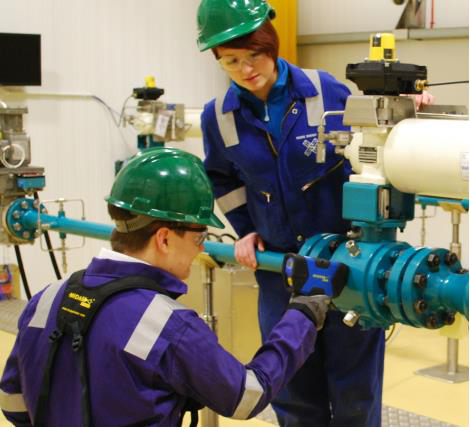
ME0007 : Vapor Recovery Unit System
- Date: Dec 23 - Dec 26 / 3 Days
- Location: Al Khobar, KSA
- Course Details Register
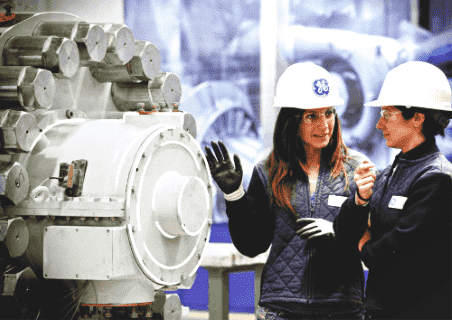
ME0615 : Operation, Maintenance & Troubleshooting of Pumps & Compressors
- Date: Jan 19 - Jan 23 / 3 Days
- Location: Dubai, UAE
- Course Details Register
